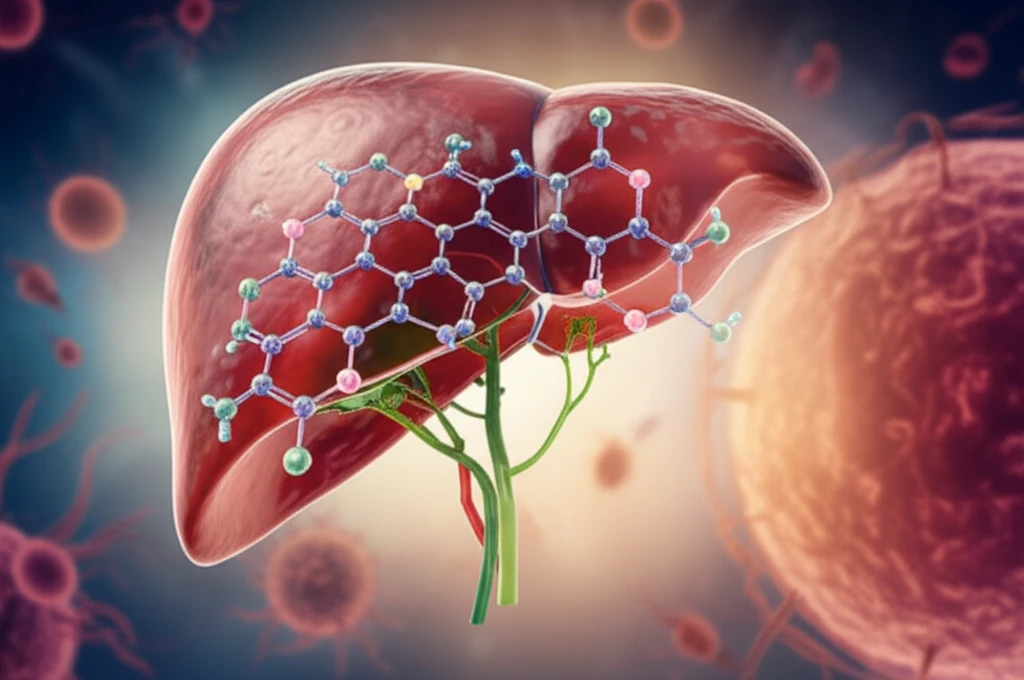
HBV Reactivation: How to Protect Yourself During Cancer Treatment
"A Comprehensive Guide to Tenofovir and Lamivudine in Preventing Hepatitis B Virus Reactivation for DLBCL Patients"
Cancer treatments, especially those involving chemotherapy and immunotherapy, can significantly weaken the immune system. For individuals who are carriers of the hepatitis B virus (HBV), this immunosuppression can lead to HBV reactivation, a condition where the virus becomes active again, potentially causing serious liver damage and disrupting cancer therapy. Understanding this risk and taking preventive measures is crucial for successful cancer treatment and overall health.
Diffuse large B-cell lymphoma (DLBCL) is an aggressive type of non-Hodgkin lymphoma that requires intensive treatment regimens. These treatments often include rituximab, an anti-CD20 monoclonal antibody, combined with anthracycline-based chemotherapy. While these therapies are effective in treating DLBCL, they also carry a significant risk of HBV reactivation in patients who are HBV carriers. This is where antiviral prophylaxis comes into play, aiming to prevent the virus from reactivating and causing complications.
This article explores the strategies for preventing HBV reactivation in DLBCL patients undergoing chemotherapy, focusing on the use of antiviral medications like tenofovir and lamivudine. By understanding the risks, benefits, and practical applications of these medications, patients and healthcare providers can make informed decisions to safeguard liver health and ensure the continuity of cancer treatment. Let’s delve into the details of how these antiviral agents work and how they can protect individuals during this challenging time.
Why HBV Reactivation Matters During DLBCL Treatment

HBV reactivation during cancer treatment can lead to a range of complications, from mild liver inflammation to severe liver failure. The risk is particularly high in patients undergoing treatment for DLBCL due to the intensity of the chemotherapy and the use of rituximab, which further suppresses the immune system. Recognizing and managing this risk is essential to prevent interruptions in cancer therapy and ensure the best possible outcomes for patients.
- Increased HBV DNA Levels: A significant rise in viral load indicates active replication of the virus.
- Elevated Liver Enzymes: High levels of ALT and AST signal liver inflammation and damage.
- Acute Hepatitis: Severe liver inflammation leading to potential liver failure.
- Treatment Interruptions: Delays or modifications in chemotherapy regimens.
Protecting Your Liver During Cancer Treatment: A Proactive Approach
Preventing HBV reactivation is a critical aspect of managing cancer treatment for HBV carriers. By understanding the risks and benefits of antiviral prophylaxis with medications like tenofovir and lamivudine, patients and healthcare providers can work together to safeguard liver health and ensure the continuity of cancer therapy. If you are undergoing treatment for DLBCL and are an HBV carrier, discuss your options with your healthcare team to develop a personalized prevention plan.
